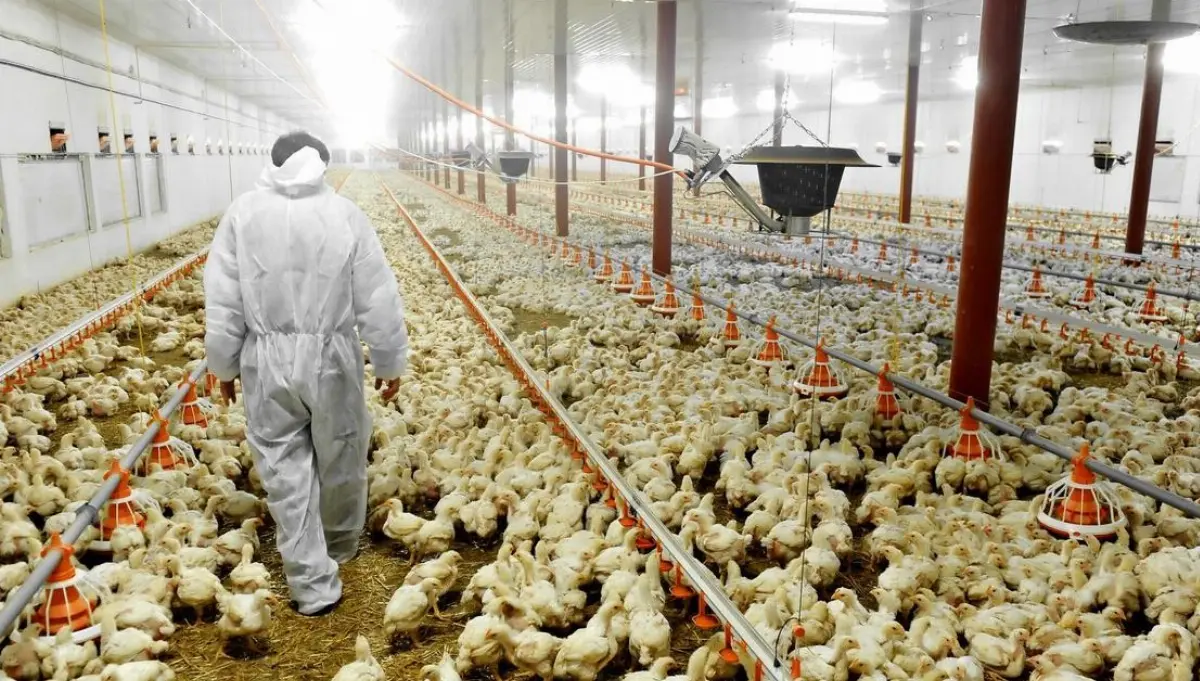
Emissions from livestock farming: EU negotiators findagreement
IED measures excluded cattle breeding

On the green transition applied to agro-industrial plants, the negotiators of the European Parliament and the European Council have reached a provisional agreement on the revision of the Industrial Emissions Directive (IED) and the Waste Landfill Directive and on the new regulation on the industrial emissions portal.
"The new rules introduce the requirement to set the most stringent emission levels achievable and will push industrial plants to focus more on efficiency and the reuse of energy, water and materials, as well as promoting the use of safer chemicals, less toxic or non-toxic in industrial processes, through emission or environmental performance objectives", reads a note from the European Parliament.
To combat water scarcity, environmental performance targets will become mandatory for water consumption. For waste, resource efficiency, energy efficiency and the use of raw materials, these targets will be within a range while for new techniques the targets will be indicative. The co-legislators agreed to extend the IED also to extractive industry plants and large battery production plants.
The co-legislators agree to extend IED measures to pig farms with more than 350 livestock units (LSU). Companies that raise pigs extensively or organically and outdoors for a significant period of time during the year are excluded. For poultry, it would apply to laying hen farms with more than 300 adult livestock units (LUA) and to broiler farms with more than 280 LU. For companies that raise both pigs and poultry the limit will be 380 Lsu.
The Commission had originally proposed a threshold of 150 Lsu for all livestock, including cattle. The co-legislators agreed to instruct the Commission to review, by 31 December 2026, the need for EU action to address emissions from livestock farming, including cattle, as well as a reciprocity clause to ensure that manufacturers outside the EU meet similar requirements to EU standards when exporting to the EU.
After the vote, rapporteur Radan Kanev (EPP, Bulgaria), said: “I am satisfied with the overall result as Parliament defended the most important points of its mandate, including significantly reducing emissions without creating additional bureaucracy for industries and farmers, as well as the level of sanctions for non-compliant companies”.
EFA News - European Food Agency